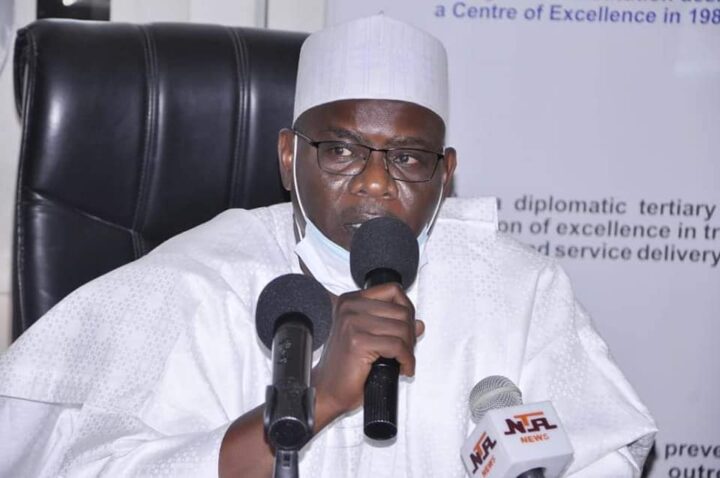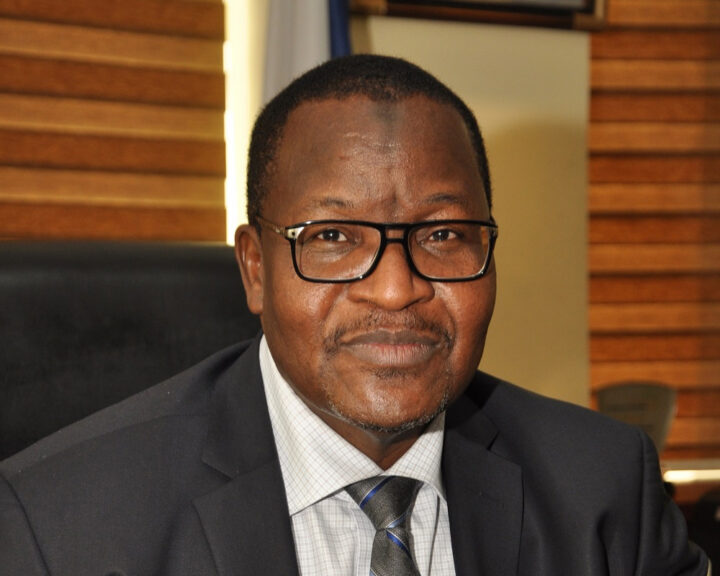Ali Ndume, senator representing Borno south, has lamented the rising recurrent expenditure of the federal government, despite the embargo on recruitment.
Ndume, a member of the senate committee on establishment, expressed his concern alongside other senators when Ekpo Nta, chairman of National Salaries, Income and Wages Commission (NSIWC), appeared before the lawmakers on Thursday.
President Muhammadu Buhari, while presenting the 2020 budget in October 2019, had said “all agencies must obtain the necessary approvals before embarking on any fresh recruitment and any contraventions of these directives shall attract severe sanctions”.
In February 2021, the house of representatives had urged the federal government to lift the embargo on recruitment.
Advertisement
Speaking when he appeared before the committee, Nta failed to disclose to the senate panel the figure spent on salaries and wages by the federal government on its workforce yearly.
Commenting on the development, Ndume said it is bad for the recurrent expenditure to be increasing despite the suspension on recruitment, adding that many youths are unemployed.
While describing the situation as a “time bomb ticking out”, the lawmaker said he is already considering fleeing Nigeria to Niger or Ghana if the crisis is not averted.
Advertisement
“Making it worrisome is the fact that despite the policy (suspending recruitment), since 2018 till now, recurrent expenditure components of yearly budgets have been increasing,” the legislator said.
“In 2018, it was N3.5 trillion, N4 trillion in 2019, N4.5 trillion in 2020, N5.6 trillion 2021 and N6.83 trillion in the projected N16.39 trillion 2022 budget.
“It is bad for recurrent expenditure to be increasing on yearly basis without an increase in the number of workforce through required recruitments.
“The embargo is turning into a time bomb that can explode at anytime as witnessed in some countries in recent past.
Advertisement
“Personally, I am already thinking of where to run to if the avoidable crisis is not averted. I visited Ghana and Niger recently in this regard.”
Earlier, the NSIWC chairman said his agency recruited last in 2008, adding that the planned extension of service for teachers may shut the door of unemployment to fresh graduates.
“What will happen to the young graduates with teaching qualification?” Nta asked.
Thereafter, the senate panel asked the NSIWC chairman to work with the office of the accountant-general of the federation (AGF) to find out how much the federal government spends on civil servants on its payroll every year.
Advertisement
Add a comment







